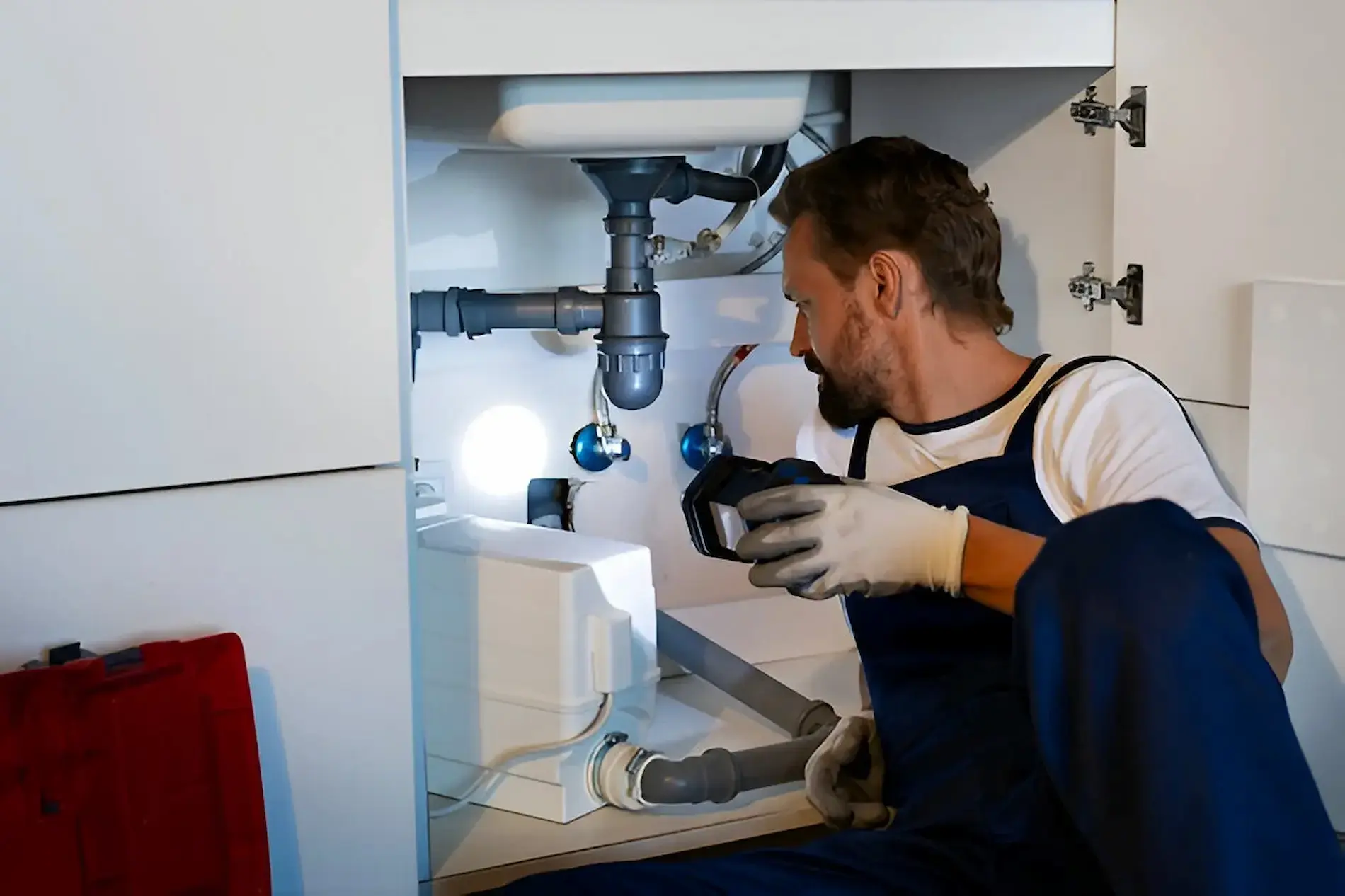4.8

How to Detect Hidden Pipe Leaks | Lazer Home Services
“The quietest leaks often cause the loudest problems, find them before they speak in damage.”
Water leaks may start small, invisible, and seemingly harmless. In Des Moines, IA, hidden pipe leaks are a common issue that can escalate into serious damage, increasing water bills, harming your home’s structure, and even encouraging mold growth. Because most leaks occur behind walls, under floors, or in crawl spaces, homeowners often don’t realize the problem until it’s too late.
At Lazer Home Services, we specialize in detecting hidden leaks early, helping Des Moines residents prevent costly repairs. This guide outlines practical steps, warning signs, and professional strategies to identify leaks before they cause major damage.
Why Hidden Pipe Leaks Are a Serious Concern
A concealed leak is more than an inconvenience. The consequences include:
- Structural Damage: Water can weaken drywall, flooring, and foundations over time.
- Mold and Mildew Growth: Even small amounts of moisture can create a breeding ground for harmful fungi.
- Higher Water Bills: Undetected leaks of waste water and increased utility costs.
- Appliance Strain: Leaks can affect water pressure and appliance performance, such as water heaters and dishwashers.
Detecting leaks early ensures that small issues don’t escalate into significant repairs, protecting your home and wallet.
Step 1: Monitor Your Water Bills for Spikes
One of the first indicators of a hidden leak is an unexplained increase in water usage. Homeowners in Des Moines can spot potential problems by:
- Comparing current water bills to previous months
- Noticing significant spikes without changes in usage habits
- Paying attention to small increases over time, which may indicate slow leaks
Even minor leaks can waste thousands of gallons annually. Early detection through billing patterns is a cost-effective first step.
Step 2: Listen for Unusual Sounds in Pipes
Sometimes, your plumbing communicates through sound. Hidden leaks often produce subtle noises:
- Hissing or dripping sounds near walls or floors
- Running water noises when all faucets are off
- Gurgling in drains that indicates air escaping from a pressurized line
Homeowners should take note of persistent or unusual sounds, especially in areas where pipes are hidden. These early warning signs often precede visible water damage.
Step 3: Inspect Visible Areas for Water Damage
While some leaks are hidden, they can leave clues in areas you can see:
- Stains or discoloration on ceilings, walls, or baseboards
- Peeling paint or wallpaper
- Soft or sagging spots in flooring or cabinets
In Des Moines homes, seasonal changes and temperature fluctuations can make these signs more pronounced. Spotting them early allows homeowners to investigate before structural damage occurs.
Step 4: Check Water Meter Activity
Your home’s water meter is a valuable tool in leak detection:
- Ensure all faucets and water-using appliances are off
- Note the meter reading and wait 30–60 minutes
- Recheck the meter — any movement may indicate a hidden leak
This method works well for homeowners in Bohemia, Des Moines, and surrounding Suffolk County areas to quickly detect leaks without specialized equipment.
Step 5: Watch for Mold, Mildew, or Musty Odors
Hidden leaks often create damp conditions conducive to mold growth. Pay attention to:
- Musty smells in basements, crawl spaces, or closets
- Black, green, or white patches of mold on walls or floors
- Damp or unusually cool spots in rooms
Mold not only indicates water intrusion but can also affect air quality and pose health risks. Detecting leaks early protects both your property and your family’s well-being.
Step 6: Conduct Regular Plumbing Maintenance
Proactive maintenance is key to preventing hidden leaks:
- Inspect exposed pipes for corrosion, cracks, or loose fittings, issues that sometimes require full repiping services in Des Moines.
- Ensure appliances like water heaters, dishwashers, and washing machines are functioning properly
- Check connections in bathrooms and kitchens for tight seals
- Flush water heaters and maintain sump pumps
Routine inspections, and following a proper plumbing maintenance checklist, allow Des Moines homeowners to spot small problems before they evolve into large-scale damage.
Step 7: Use Technology to Detect Leaks
Modern leak detection technology can identify problems that are invisible to the naked eye:
- Electronic leak detectors to sense moisture behind walls or under floors
- Thermal imaging cameras to detect temperature differences caused by water intrusion
- Acoustic sensors that pick up sounds of running water within pipes
Professional plumbing services like Lazer Home Services utilize these tools to locate hidden leaks quickly and accurately, saving time and preventing unnecessary demolition.
Step 8: Act Quickly When a Leak Is Suspected
If you suspect a leak, immediate action is essential:
- Turn off the main water supply to prevent further damage
- Avoid using appliances connected to the affected plumbing
- Contact a licensed plumber for a thorough inspection and repair
Delaying repairs can result in structural damage, mold growth, and higher repair costs, similar to the risks described in our guide on what to do if you have a burst pipe in your home. Lazer Home Services offers rapid response and expert repairs throughout Des Moines and surrounding areas.
Final Thoughts
“Hidden leaks are silent threats, but with vigilance and professional guidance, their impact can be minimized.”
Detecting hidden pipe leaks before they cause major damage is critical for homeowners in Des Moines, IA. By monitoring water usage, listening for unusual sounds, inspecting for signs of moisture or mold, and leveraging modern leak detection technology, you can prevent costly repairs and maintain a safe, comfortable home.
Partnering with Lazer Home Services ensures expert leak detection, professional repairs, and peace of mind. Our team in Des Moines and surrounding areas provides timely, efficient service so that hidden leaks are found and addressed before they escalate into emergencies.
FAQs
How can I tell if I have a hidden leak?
Look for unusual water bills, mold growth, musty odors, sagging walls or floors, or persistent sounds of running water.
Are small leaks dangerous?
Yes. Even minor leaks can cause mold growth, structural damage, and increased water bills over time.
Can I detect leaks without professional equipment?
Yes. Monitoring your water meter, observing water bills, and checking for visual signs are effective first steps.
How do plumbers detect hidden leaks?
Plumbers use advanced tools like acoustic sensors, thermal imaging, and moisture meters to pinpoint leaks behind walls or under floors.
Should I act immediately if I suspect a leak?
Absolutely. The sooner you address a leak, the less damage it will cause. Turning off the main supply and contacting a plumber is recommended.
Recent News
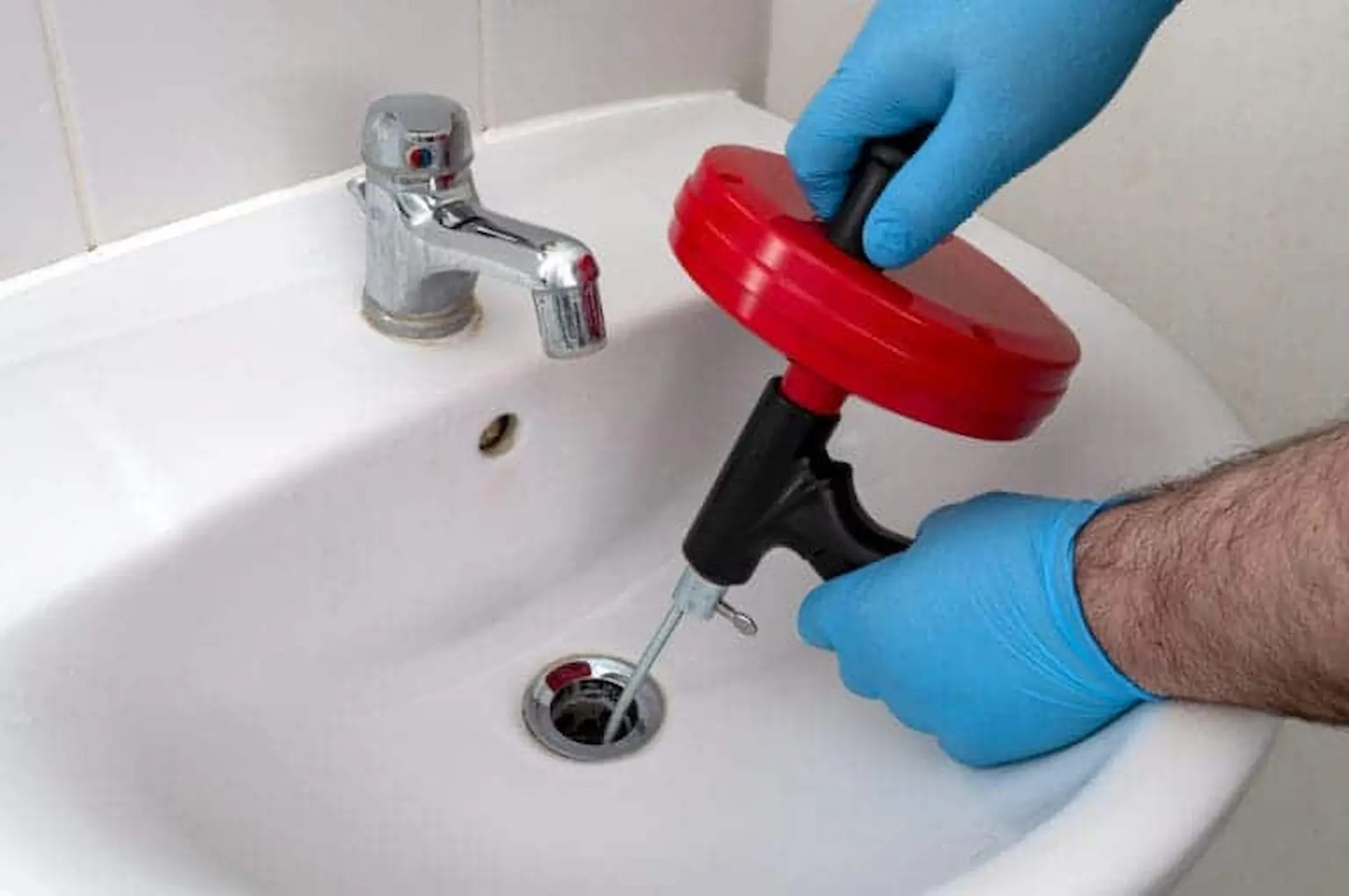
Residential Drain Cleaning in Des Moines | Lazer Home Services
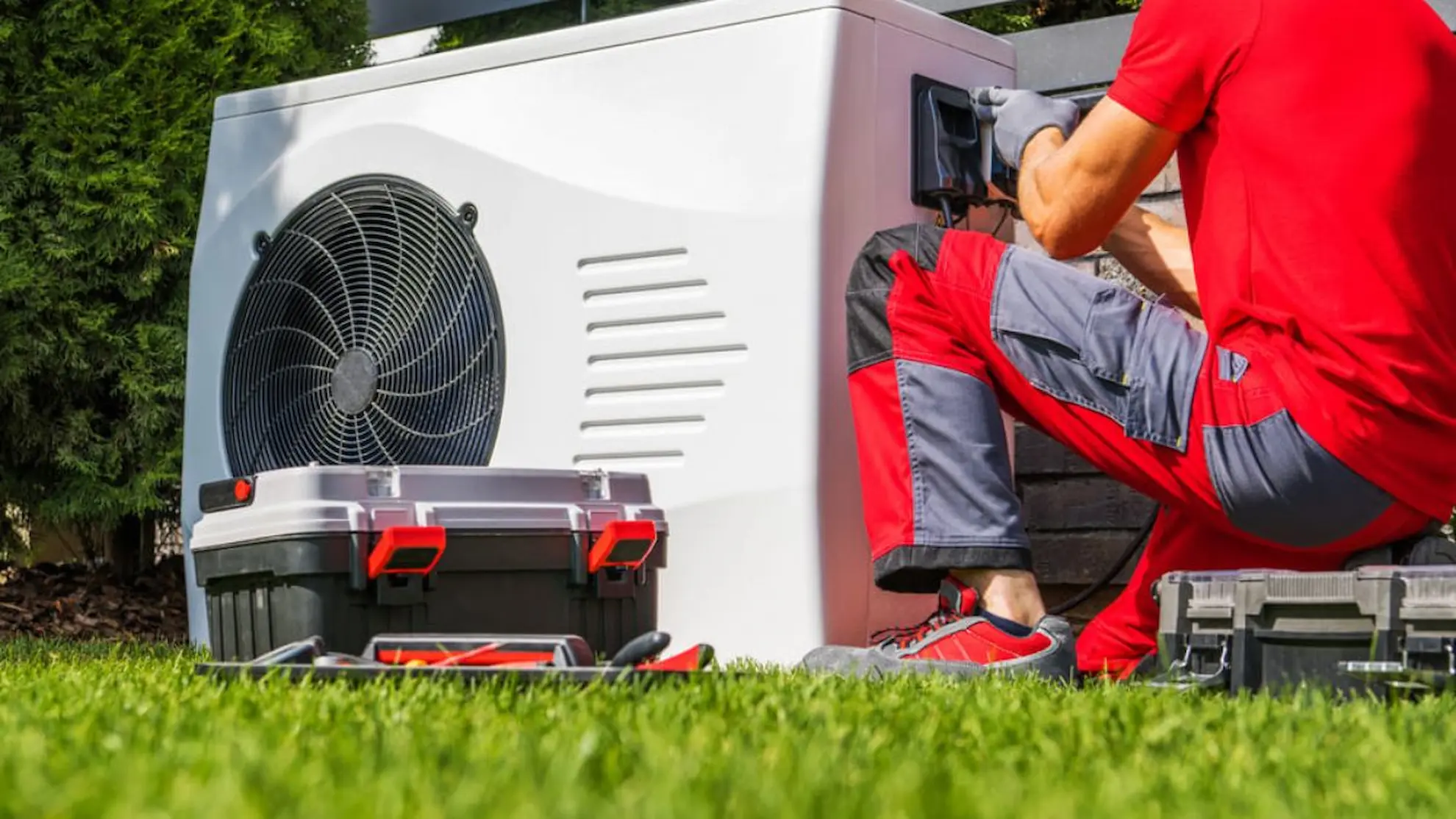
Heat Pump Repair and Installation Solutions in Des Moines.
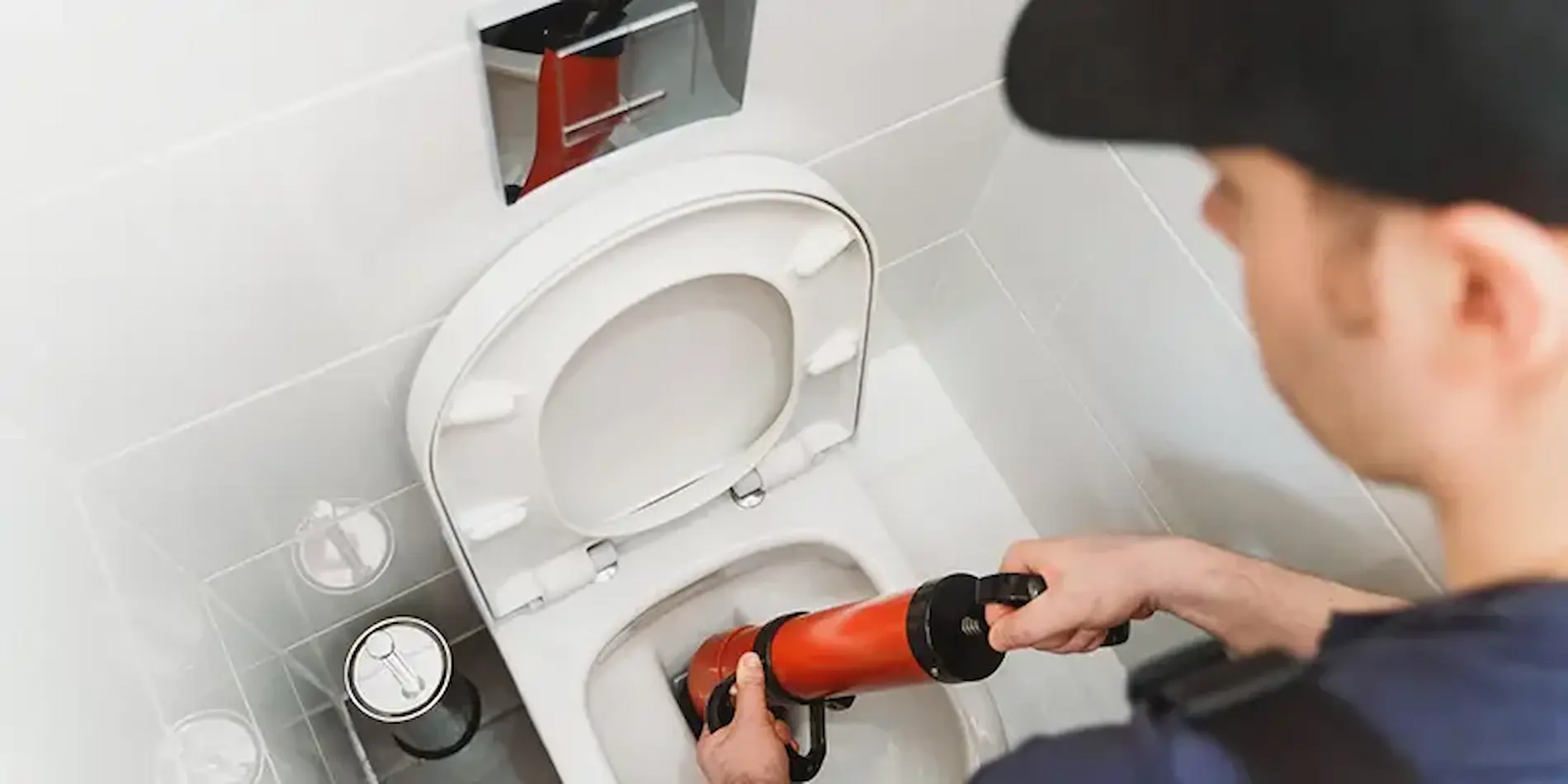
5 Early Warning Signs Your Home Plumbing Needs Urgent Attention
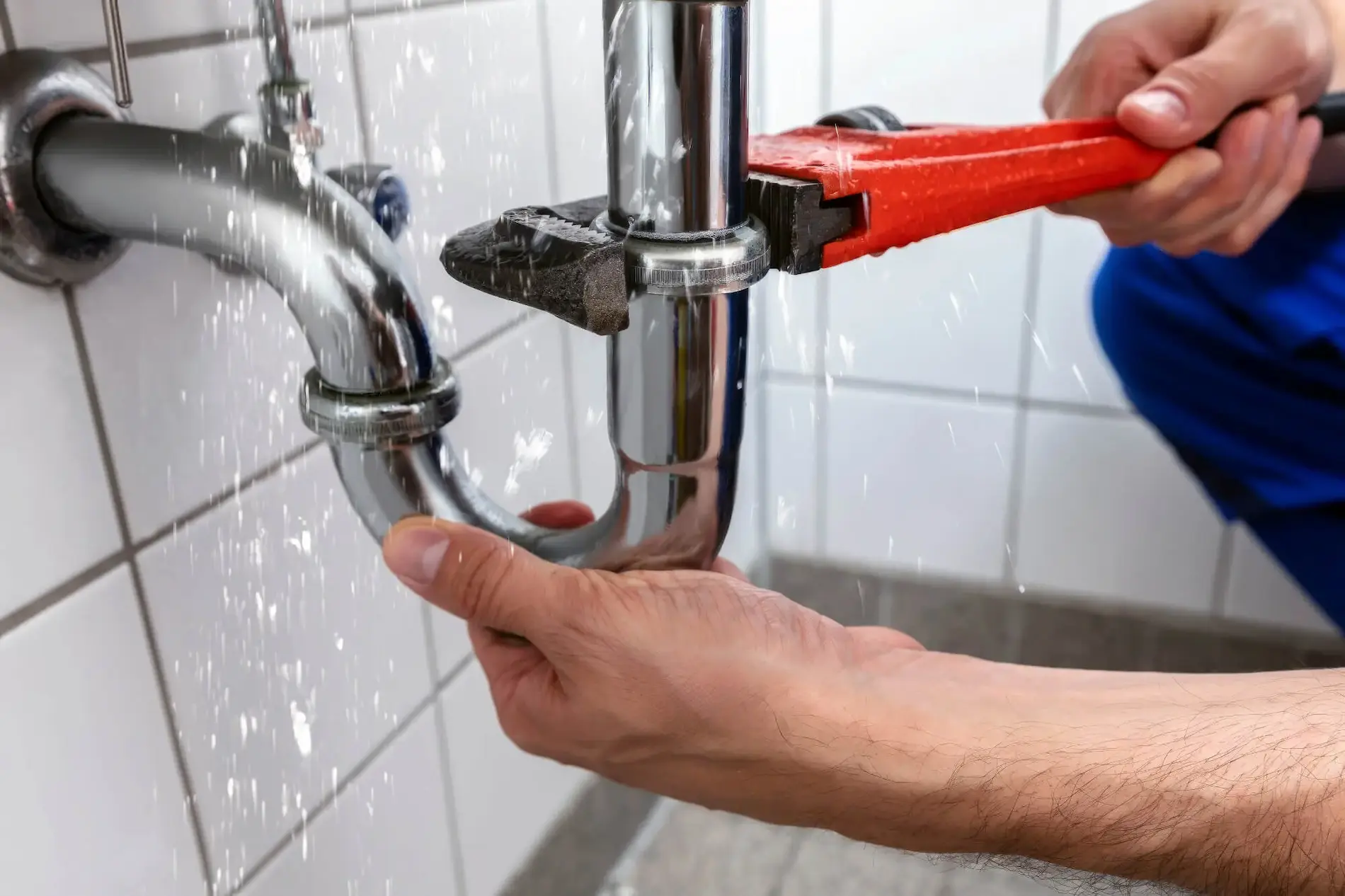
Plumbing Maintenance Checklist Des Moines | Lazer Home Services
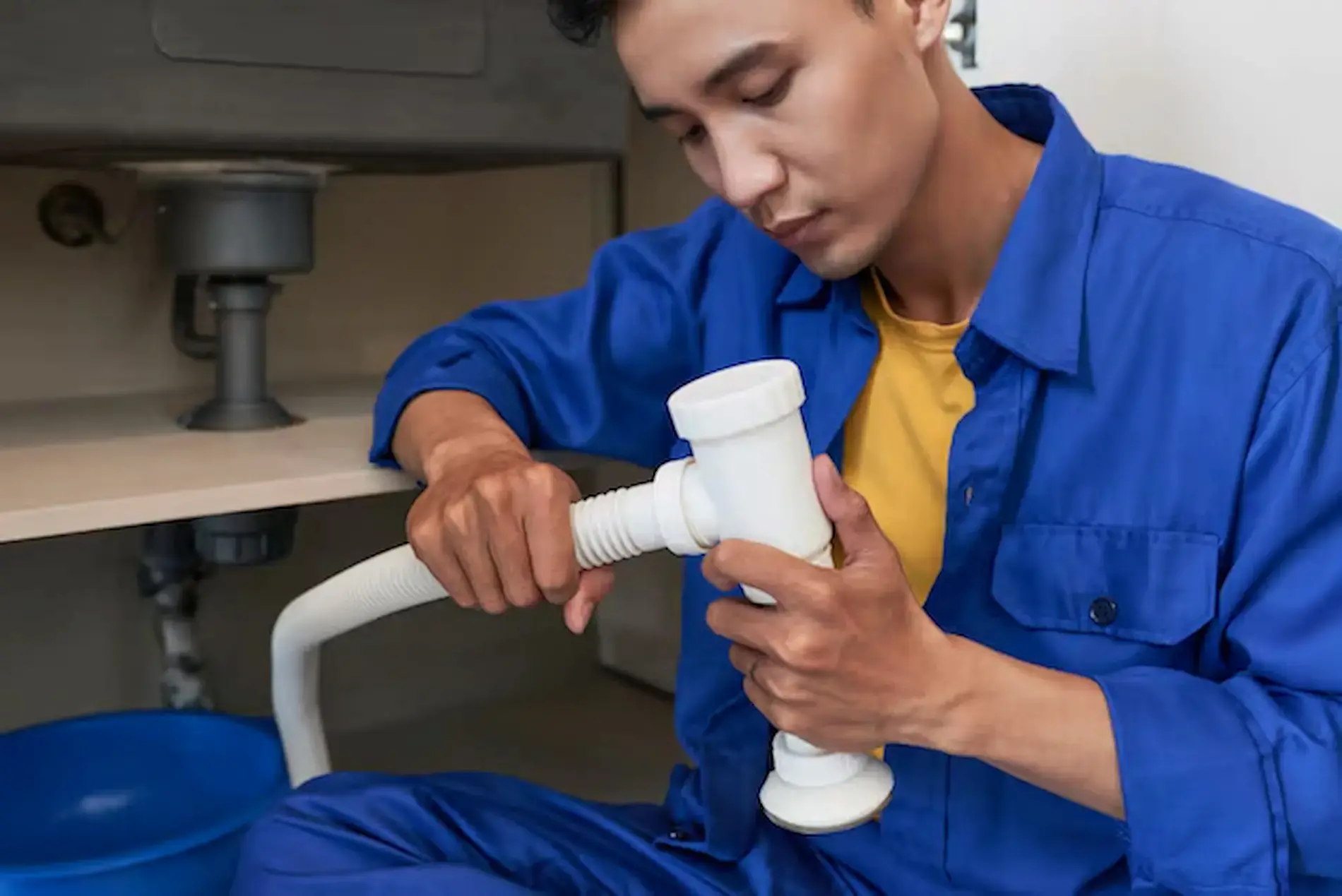
Leak Detection and Repair in Des Moines | Lazer Home Services
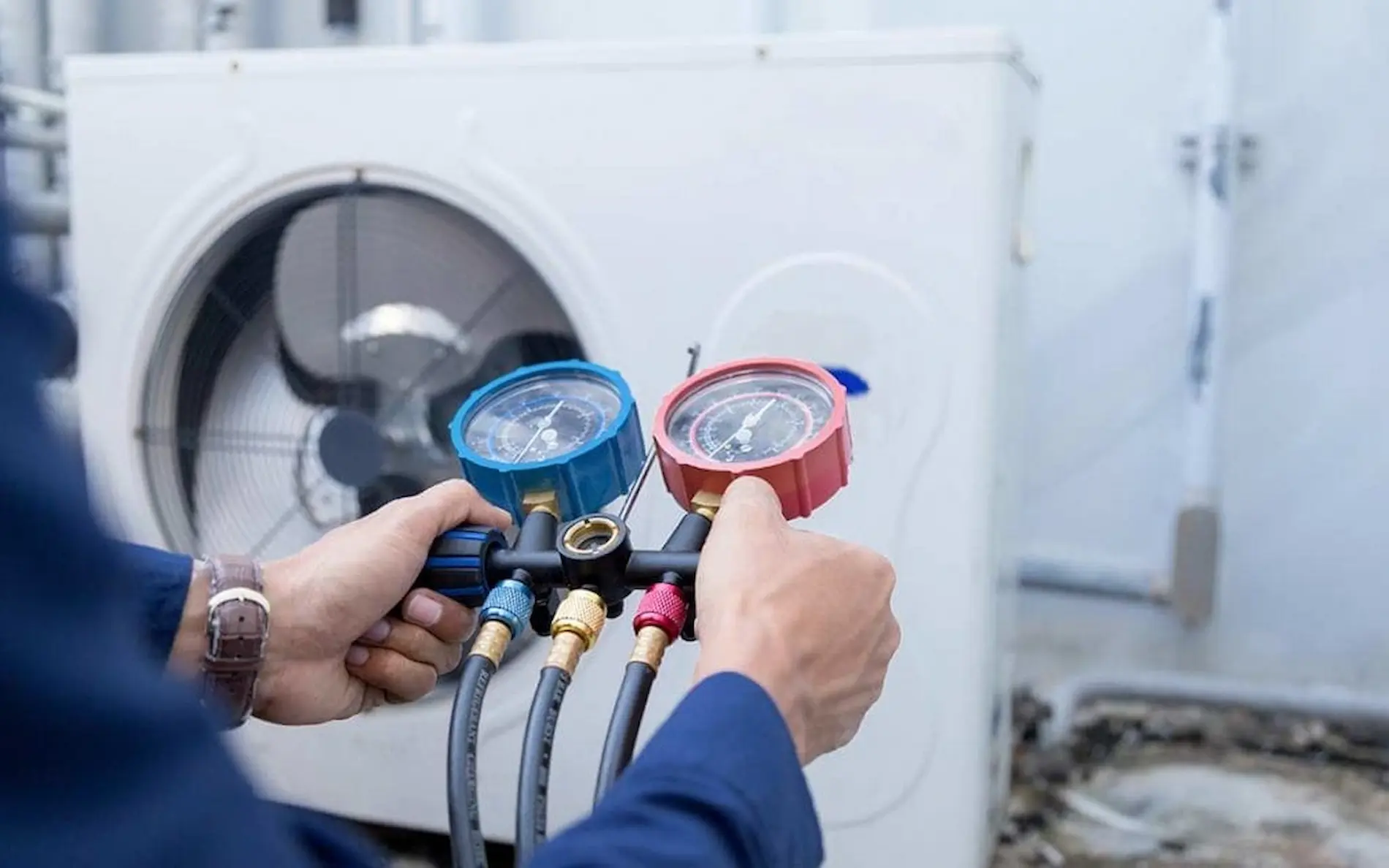
What is Routine Maintenance for AC in Des Moines, IA | Lazer Home Services
